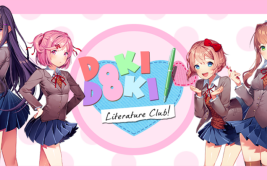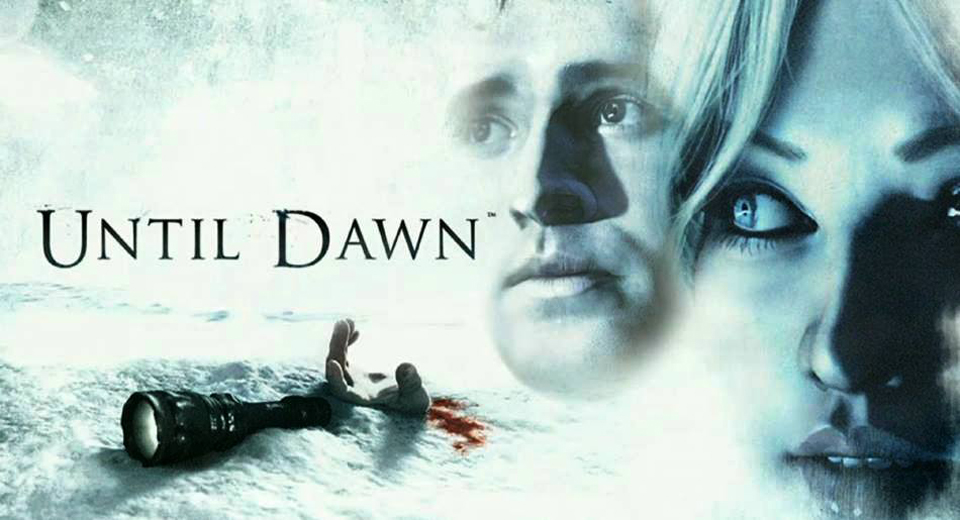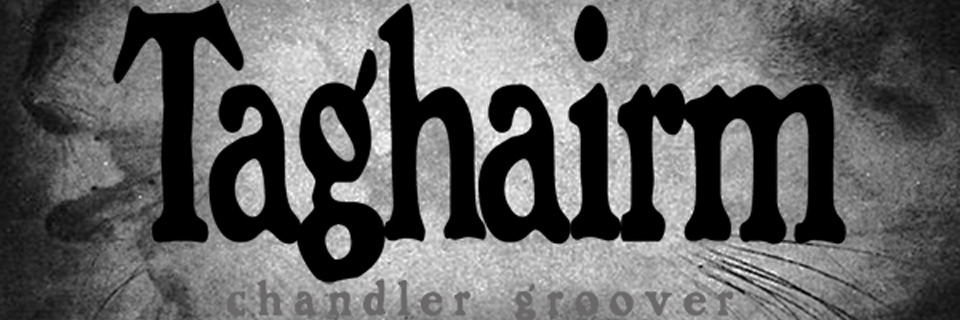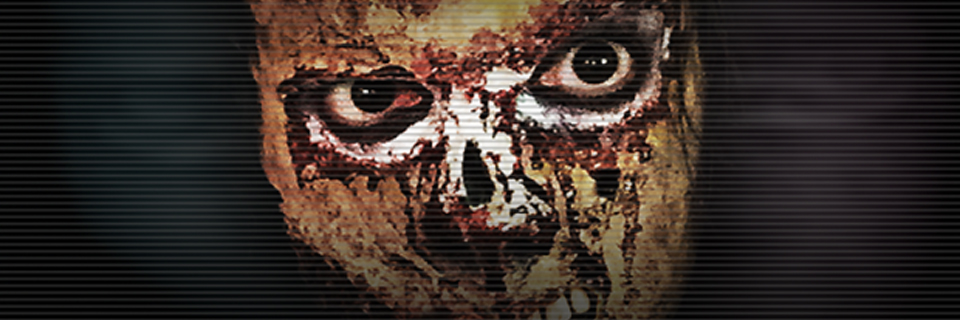
Doki Doki Literature Club! is a visual novel developed by Team Salvato and released in September 2017. It’s a game I’d heard about in passing, and it’s almost impossible to wander far on the internet without running into a meme or reference to it as the game enjoys a rather large cult following. Maybe that’s why it took me a little while to decide to pick it up – but I’m glad I did.
DDLC is a tough game to talk about without including spoilers, as its twists and turns are precisely what make it so good. Going into it, I knew about its core gimmick and some of the events that would happen, and I was still shocked to witness them; in a way, nothing can fully prepare you for the experience. But I think the game is at its best and most effective when it does come as a surprise, so I will do my best to avoid spoilers. Know this: I heartily recommend you play this game in good faith and earnestly take it seriously throughout its first act, whether or not you choose to look up more information about its endings. This is the type of experience that works best when you the player bring a bit of yourself to the table.
This game is also one of those special occasions when I believe trigger warnings are absolutely relevant. Because it is not at all what it at first appears to be.
So, with that in mind, let’s dig into DDLC and why a free Steam game coded in Ren’py managed to sweep the IGN People’s Choice Awards in 2017 and continues to be eagerly chatted about and debated nearly a year after its release.
At the outset, DDLC is the kind of bright, cheerful and utterly cookie-cutter story that anyone who has played a slice-of-life VN or watched a lot of anime will recognize immediately. You play as the faceless male protagonist, as bland and lacking in personality as a piece of toast. You have (of course) a childhood friend, Sayori, who is introduced as a carefree ray of sunshine. Sayori talks you into joining the Literature Club, where you met her three friends – popular and athletic president Monika; shy and awkward-but-intense nerdish Yuri; and young but outspoken and feisty freshman Natsuki.
The story begins to unfold in roughly the way you’d imagine it would. Each day, you can make small-talk with the various members of the club. There’s a mini-game mechanic where you can write a poem by selecting 20 words from a list; different girls prefer different words, so some will love your poem while others will hate it. Writing a poem tailored to the preferences of a given girl will affect the interactions that you have with her.
All of this – from the bright artwork and the forcibly cheerful soundtrack, to the poem-sharing and relationship-building – works to lull you into a state of complacency. Complacent enough, perhaps, that you’re willing to ignore some of the disturbing hints coming from the poems shared with you by your fellow club members. The character you play, after all, doesn’t seem to notice anything weird about them. It’s probably nothing.
Before you get much chance to examine this uneasiness, though, the game plunges you into a nightmare; tropes you have comfortably taken for granted are stripped from you, and the game becomes suddenly very meta – and very personal.
There are some incredibly clever mechanics at work behind the scares of Doki Doki Literature Club. Character sprites move beyond the bounds of their game screen, blocking your view of the UI. Music plays, falls silent or distorts at various times. Visual glitches and disturbances abound, creating an environment of fourth-wall-breaking techno-horror.
Games that break the fourth wall and use their interactivity to make you implicit in their horror are not precisely breaking new ground. Part of the appeal of horror as a gaming genre is the way you the player are pulled into navigating the world and making moral choices. What DDLC manages to do is play its tropes with such earnest sweetness that, once the façade has been lifted and you’re forced to re-play now knowing the truth, the inherent wrongness gets beneath your skin. Things that seemed perfectly acceptable and cute a moment ago feel Stepford Wives-ishly artificial. Text you’re certain you’ve already read becomes subtly different, gaslighting you about your experiences.
Read in one way, the events of DDLC are a scathing criticism of the self-insert power fantasies at the heart of all games. “What if I could take it all back,” the game prompts you, after something terrible has happened, “By making a different choice?” But the option to make that choice is never presented to you. You are reminded that your agency is an artifice, every bit as made up as the girls you’re attempting to woo.
What makes DDLC most unsettling is the feeling of having a rug pulled from under you, and the recognition that the rules you thought you were playing by no longer apply. It doesn’t seem like the sort of thing that would have that much of an impact until you’re experiencing it for yourself; but placed in the driver’s seat, there is a special kind of horror in realizing that you’re not the one pushing the accelerator and brakes – and that you never were.
You can download Doki Doki Literature Club for free on Steam or Itch.io.














